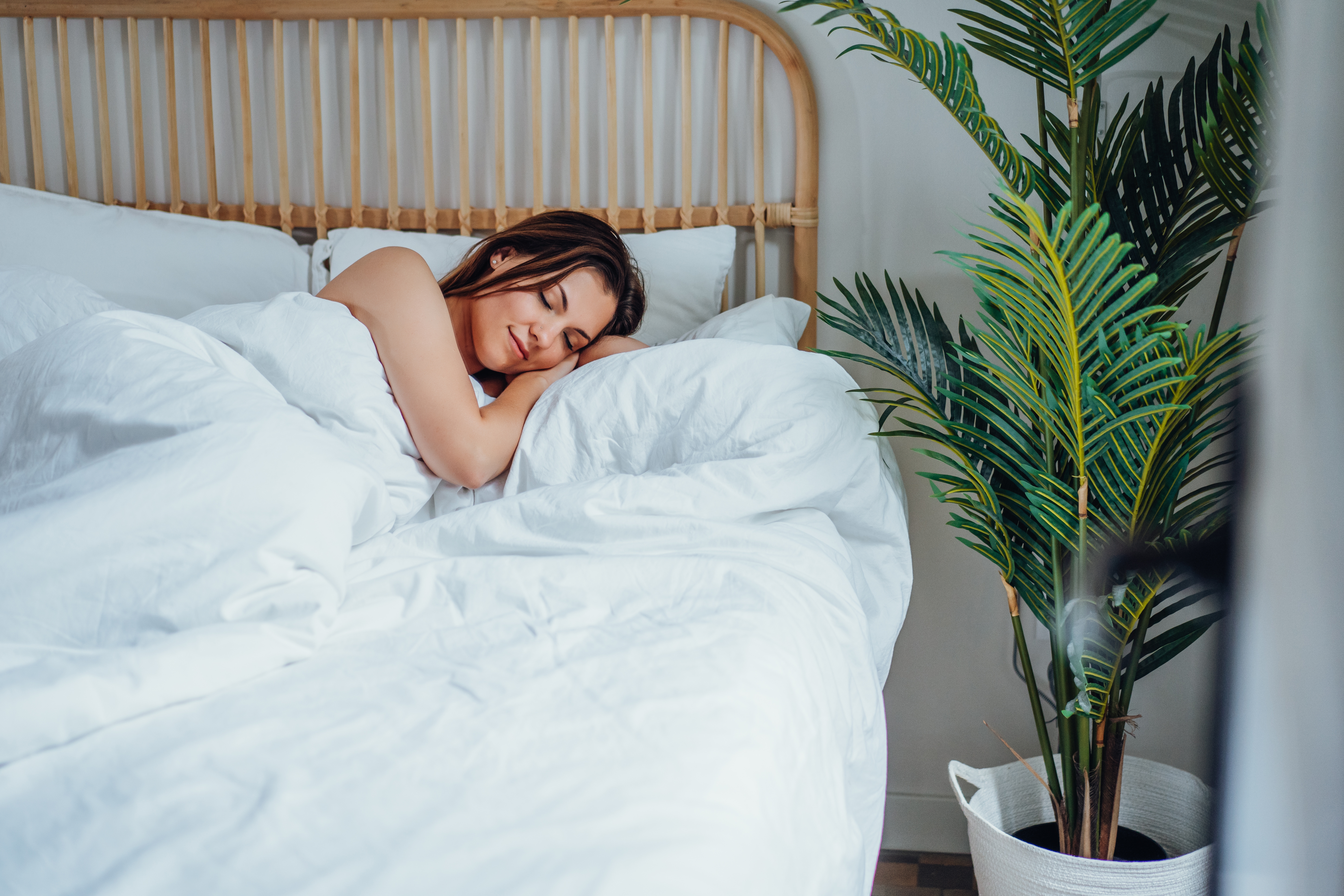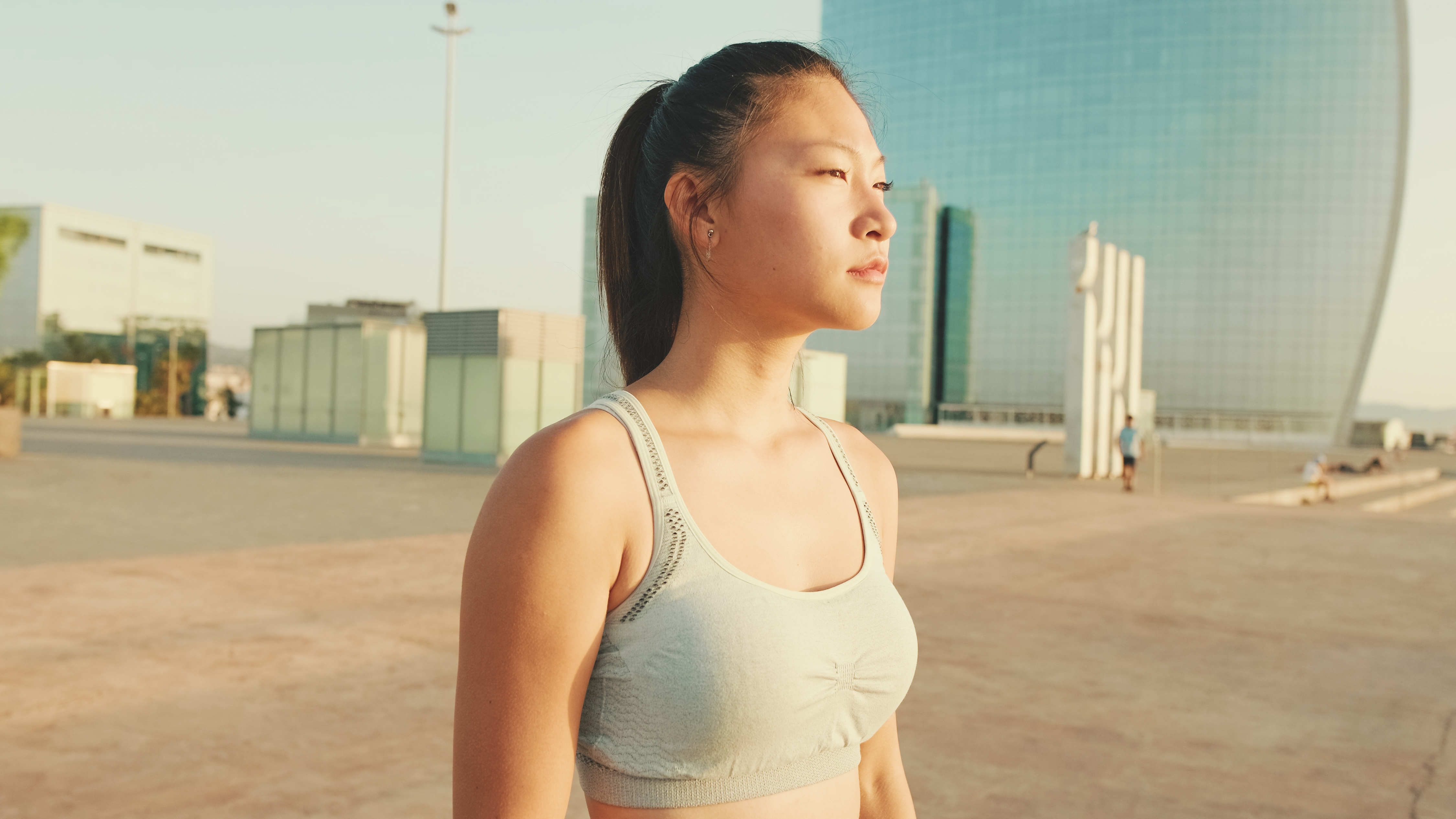Inside Anxiety: Must-Know Facts to Demystify Your Struggle
19. The Vicious Cycle of Sleep Deprivation and Anxiety

Sleep and anxiety are intricately linked in a bidirectional, often vicious, cycle. Anxiety frequently makes it difficult to fall asleep or stay asleep due to racing thoughts and physical tension. Conversely, sleep deprivation itself can significantly exacerbate anxiety symptoms, increasing emotional reactivity, impairing cognitive function, and making it harder to cope with stressors. Prioritizing good sleep hygiene—consistent schedules, a relaxing bedtime routine, a dark and cool room—is therefore not just good for overall health, but a vital, often overlooked, strategy in managing and reducing anxiety levels.
20. Exercise: A Natural and Potent Anxiety Antidote

Regular physical activity is one ofthe most powerful yet underutilized natural antidotes for anxiety. Exercise helps by burning off excess adrenaline and cortisol (stress hormones), releasing endorphins (natural mood boosters), and reducing muscle tension. Aerobic exercise, like brisk walking, running, or swimming, can be particularly effective. Beyond the immediate stress relief, consistent exercise can also improve sleep quality, boost self-esteem, and even promote the growth of new brain cells in regions involved in mood regulation, offering long-term resilience against anxiety.
